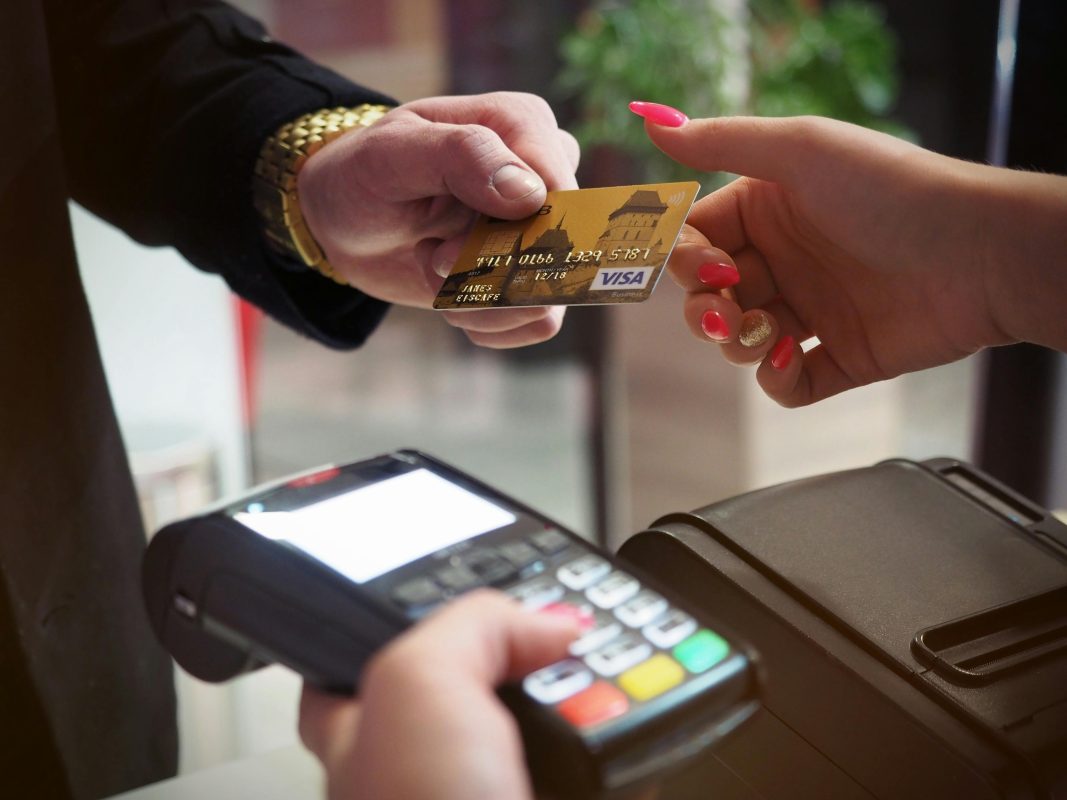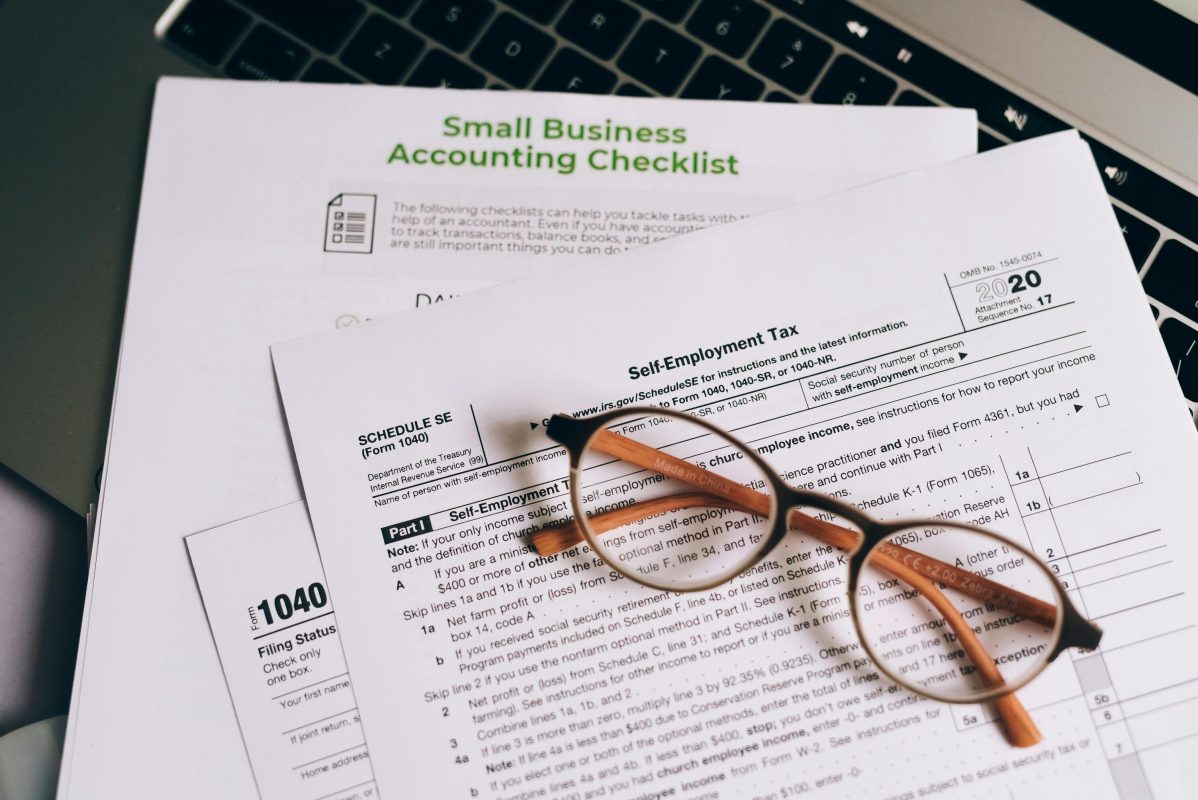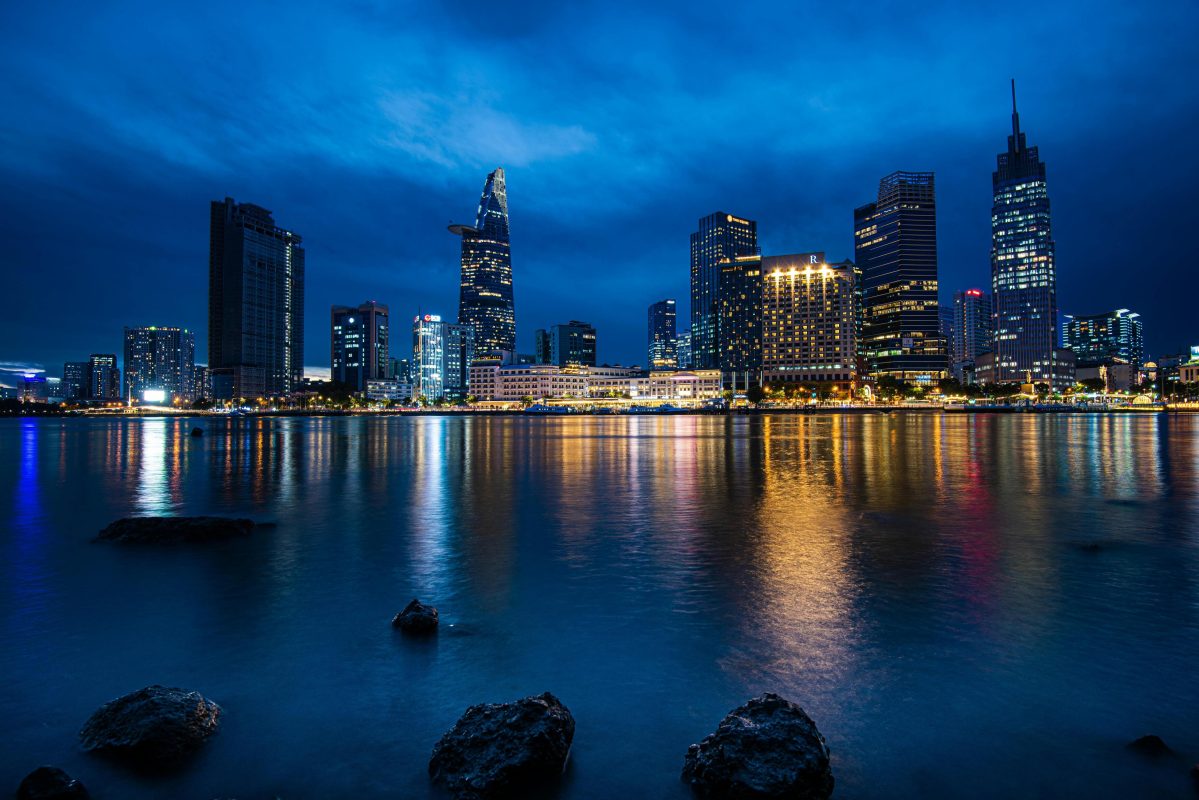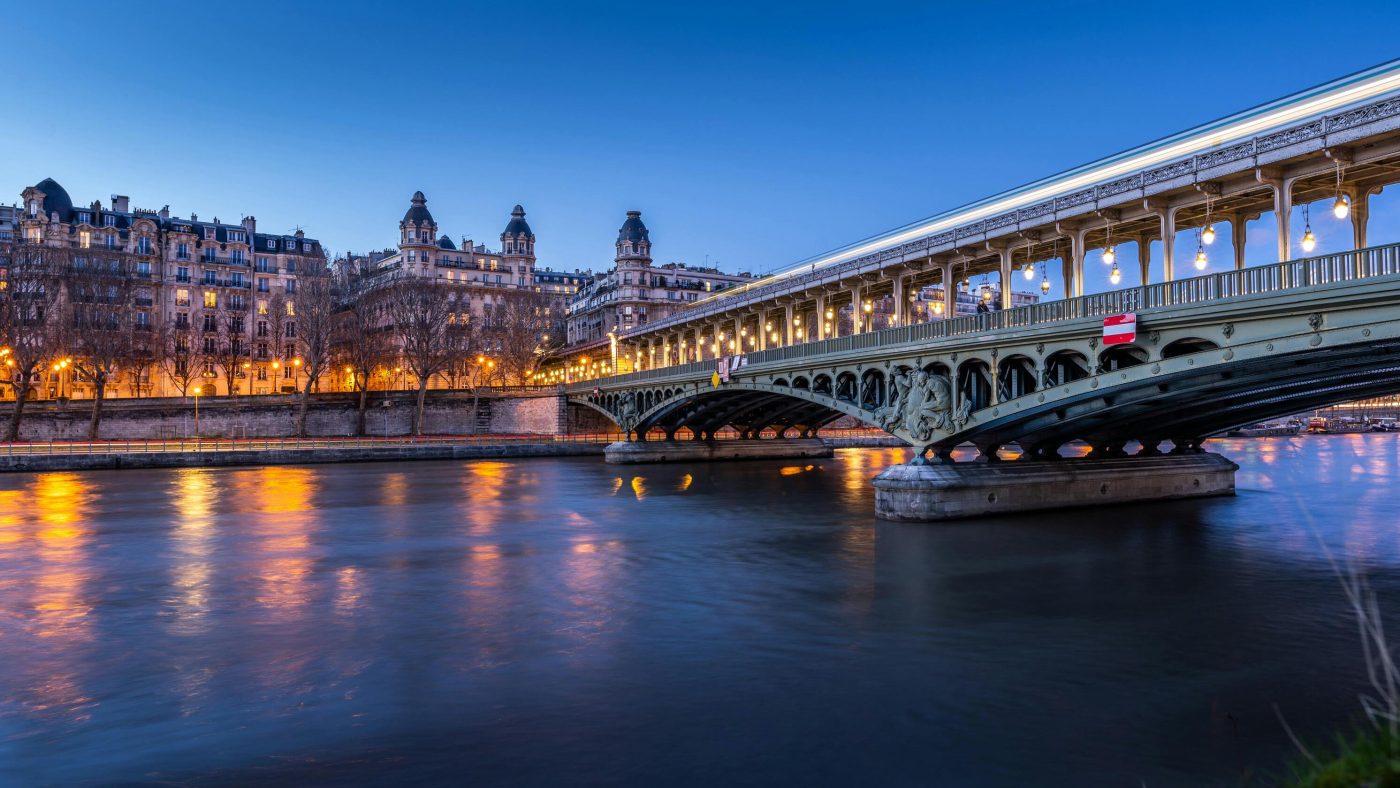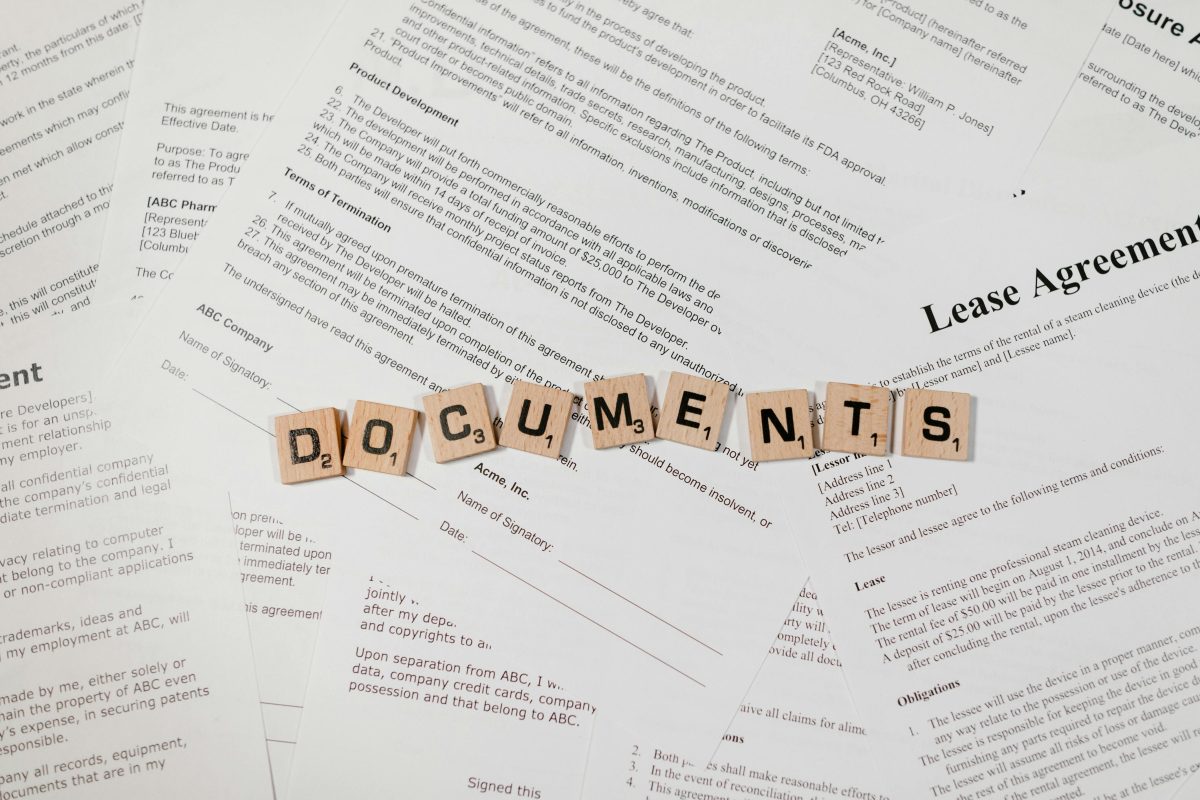Summary of questions by foreign investors when restaurant business in Vietnam
With the continuous development of the food and beverage industry (F&B), Vietnam has become an attractive destination for international investors. However, accessing and operating in this sector is not simple. Foreign investors face numerous legal and cultural barriers as well as management and operational requirements.
This article will summarize all the questions related to the restaurant business of foreign investors in Vietnam, and we hope that the information will be the basis for foreign investors to plan an accurate and complete business plan in Vietnam.
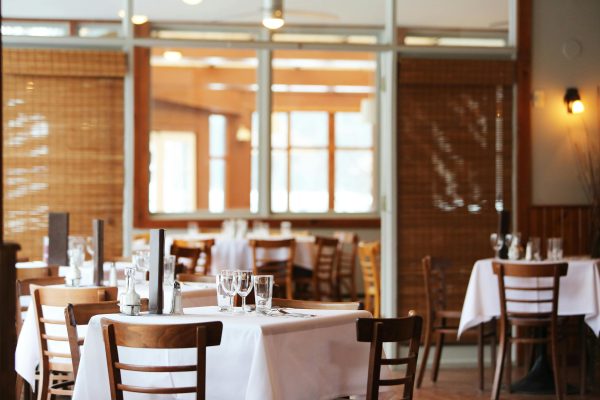
1. Does Vietnamese law allow foreign investors in the restaurant business?
Vietnam has opened its market for foreign enterprise business restaurants, and Vietnam’s specialized laws do not have any restrictions on foreign enterprise business restaurants in Vietnam. Based on the regulations on market opening, foreign investors (individuals and organizations) are allowed to establish 100% foreign-owned enterprises in business restaurants in Vietnam.
2 What type of enterprise is suitable for foreign investors?
When foreign investors business in Vietnam, may consider choosing the type of (i) Single-member Limited Liability Company, (ii) Multi-member Limited Liability Company, or (iii) Joint Stock Company. Investors can choose types of enterprises that suit their needs and have no restrictions under Vietnamese law.
3. What business sectors do enterprises typically register to business restaurants in Vietnam?
To do restaurant business, foreign enterprises can consider registering the business sectors as follows:
- Restaurants and mobile catering services;
- Provision of non-regular contracted catering services.
4. Is there any post-established procedures for the newly set-up company?
Yes, after the enterprise has been established; to carry out restaurant business activities, the enterprise will need to carry out procedures to:
- Register for initial tax declaration, purchase digital signatures, e-invoices, etc.;
- Apply for a Certificate of Food Hygiene and Safety;
- Apply for a Certificate of Eligibility for Fire Prevention and Firefighting;
- Certificate of Satisfaction Security and Order Conditions;
- Other relevant permits specific to the restaurant’s operational scope.
5. What are the food safety and hygiene conditions that restaurants must meet?
Depending on the scale of the restaurant, it will have to meet some or all the following food hygiene and safety conditions:
- The kitchen layout must prevent cross-contamination between raw and cooked food.
- The water source must meet technical standards for food preparation and business.
- There must be equipment for collecting and containing waste and ensuring hygiene.
- Drains in the restaurant area must be clear and free of blockages.
- There must be equipment for food storage, toilets, handwashing, and daily cleaning of waste and garbage.
- Comply with regulations on the health, knowledge, and practices of those directly involved in food production and business.
- Use food and food ingredients with clear origin and safety guarantees, and retention of food samples.
6. How long does obtaining a Certificate of Food Hygiene and Safety take?
Within 15 days from the date of receipt of a complete and valid dossier, the competent state agency shall conduct an on-site inspection of food safety conditions at the facility of food production and business; if the conditions are met, the Certificate of Food Hygiene and Safety Facility must be issued; in case of refusal, a written reply must be given stating the reasons.
7. What fire safety and prevention conditions must be met for restaurants and eateries with a total business area of 300 m2 or more or a total volume of 1,000 m3 or more?
The following conditions must be met:
- Have internal regulations, prohibition signs, warning signs, diagrams or instruction signs for fire prevention and firefighting, and evacuation conforming with the fire prevention and firefighting technical regulations and standards or the regulations of the Ministry of Public Security;
- Have a fire prevention and firefighting force for the facility, specialized under the type of facility, trained in fire prevention and firefighting, and organized to be ready to fight fires at the scene under the regulations;
- Have a firefighting plan approved by the competent authority;
- The electrical system, lightning protection, anti-static systems, electrical equipment, fire, heat generation, the use of fire sources, and heat sources must conform with the fire prevention and firefighting technical regulations and standards, or the regulations of the Ministry of Public Security;
- Have a fire fighting, water supply, communication system, fire prevention and fighting data management system and incident reporting system, fire alarm system, firefighting, fire prevention, smoke prevention, evacuation system, firefighting equipment, and other rescue equipment in terms of quantity, quality conforming with the fire prevention and fighting technical regulations and standards or the regulations of the Ministry of Public Security;
- Have a Design Approval Certificate and Design Approval Document (if any) and a Fire Prevention and Firefighting Completion Acceptance Document from the Fire Prevention and Firefighting Police Department for restaurants and eateries with a total volume of 3,000 m3 or more.
8. What fire safety and prevention requirements must restaurants and eateries with a business area of less than 300 m2 and a volume of less than 1,000 m3 meet?
The following conditions must be met:
- Have internal regulations, prohibition signs, warning signs, diagrams or instruction signs for fire prevention and firefighting, and evacuation conforming with the fire prevention and firefighting technical regulations and standards or the regulations of the Ministry of Public Security;
- Have a firefighting plan approved by the competent authority;
- The electrical system, lightning protection, anti-static systems, electrical equipment, fire, heat generation, the use of fire sources, and heat sources must conform with the fire prevention and firefighting technical regulations and standards, or the regulations of the Ministry of Public Security;
- Have a Certificate of Design Approval, Design Approval Document (if applicable), and a document approving the results of fire safety acceptance inspection for restaurants and eateries with a total volume of 3,000 m3 or more.
- Have a fire fighting, water supply, communication system, fire prevention and fighting data management system and incident reporting system, fire alarm system, firefighting, fire prevention, smoke prevention, evacuation system, firefighting equipment, and other rescue equipment in terms of quantity, quality conforming with the fire prevention and fighting technical regulations and standards or the regulations of the Ministry of Public Security;
- Have regulations and assignments on responsibilities and tasks in fire prevention and firefighting. Fire prevention and fighting personnel must be trained and educated in fire prevention and fighting in accordance with the provisions of Article 33 of this Decree.
- Fire safety conditions must be implemented by the head of the agency, organization, or facility before operating and must be maintained throughout the operation.
9. Do restaurants need to obtain a license to sell alcohol?
Restaurants that sell alcohol are understood as “on-the-spot sale of alcohol consumption”. This means they are selling alcohol directly to clients for consumption at the premises, and the enterprises only need to notify the district-level management agency.
10. What permits does a foreign chef need to work in Vietnam?
Foreign chefs working in Vietnam typically apply for a Work Permit under the category of “technical worker” (not applicable if the chef is also a manager or company owner).
Currently, foreigners working in Vietnam under any of the following circumstances are considered to be technical workers: (i) Have at least 1 year of training and at least 3 years of experience relevant to the position the foreign worker intends to perform in Vietnam; (ii) Have at least 5 years of experience in a job relevant to the position the foreign worker intends to perform in Vietnam.
Foreign investors in business restaurants in Vietnam require a deep understanding of the legal system, culture, and local market. Although there are many obstacles and challenges, the Vietnamese market brings opportunities that are also highly attractive. By mastering legal regulations, building appropriate business strategies, and working closely with local partners, foreign investors can overcome initial difficulties and achieve success. We hope that this article has provided a useful overview, helping investors better prepare and make wise decisions when entering the restaurant market in Vietnam.
Time of writing: 16/07/2024
The article contains general information which is of reference value, in case you want to receive legal opinions on issues you need clarification on, please get in touch with our Lawyer at info@cdlaf.vn

Why choose CDLAF’s service?
- We provide effective and comprehensive legal solutions that help you save money and maintain compliance in your business;
- We continue to monitor your legal matters even after the service is completed and update you when there are any changes in the Vietnamese legal system;
- Our system of forms and processes related to labor and personnel is continuously built and updated and will be provided as soon as the customer requests it;
- As a Vietnamese law firm, we have a thorough understanding of Vietnam’s legal regulations, and grasp the psychology of employees, employers, and working methods at competent authorities;
- CDLAF’s team of lawyers has many years of experience in the field of labor and enterprises, as well as human resources and financial advisory.
- Strict information security procedures throughout the service performance and even after the service is completed.
You can refer for more information:
- Conditions and procedures for granting business licenses for Cyber information security products and services
- Understanding about the legality of e-commerce trading floor in Vietnam
- New Regulations on Cashless Payment Activities
- Latest updates 2024 on conditions for Foreign investors doing tourism services in Vietnam






